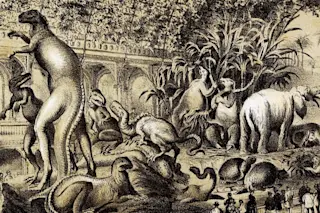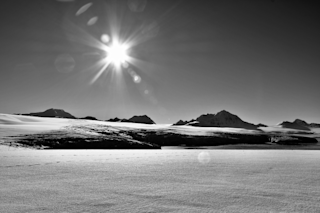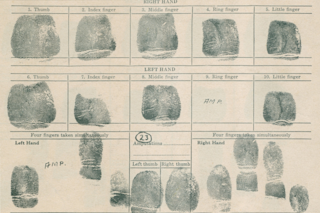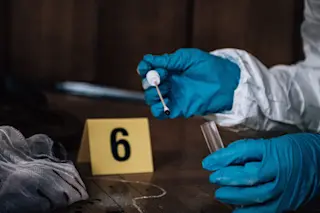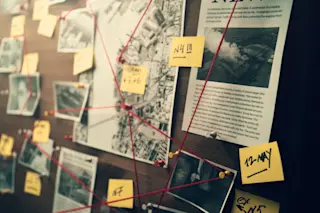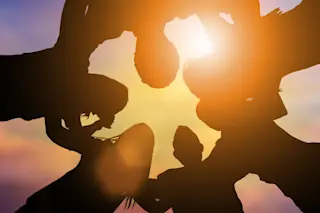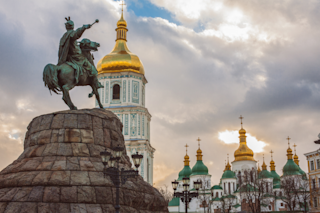Lawrence Wright has a short piece in The New Yorker this week--a commentary on America's latest culture war. For those not familiar with Wright, he's the the author of the masterful, 2007 Pulitzer Prize-winning (for non-fiction) The Looming Tower: Al Qaeda and the Road to 9/11. I mention it because last night I happened to be rereading a 2003 Q & A with Wright, which was conducted while he was writing The Looming Tower). Some parts of the 2003 interview strike me as relevant to larger discussions on this blog that have touched on the role of journalists in the climate debate. Q: What elements do you look for in a story? Wright: I like stories that are keyholes into a huge room. At first my stories often seem very small and confined. But when you put your eye down and look through it, it is a tiny window on ...
Keyhole Journalism
Explore Lawrence Wright's commentary on journalism's role in climate debate and the importance of understanding conflicting beliefs.
More on Discover
Stay Curious
SubscribeTo The Magazine
Save up to 40% off the cover price when you subscribe to Discover magazine.
Subscribe

